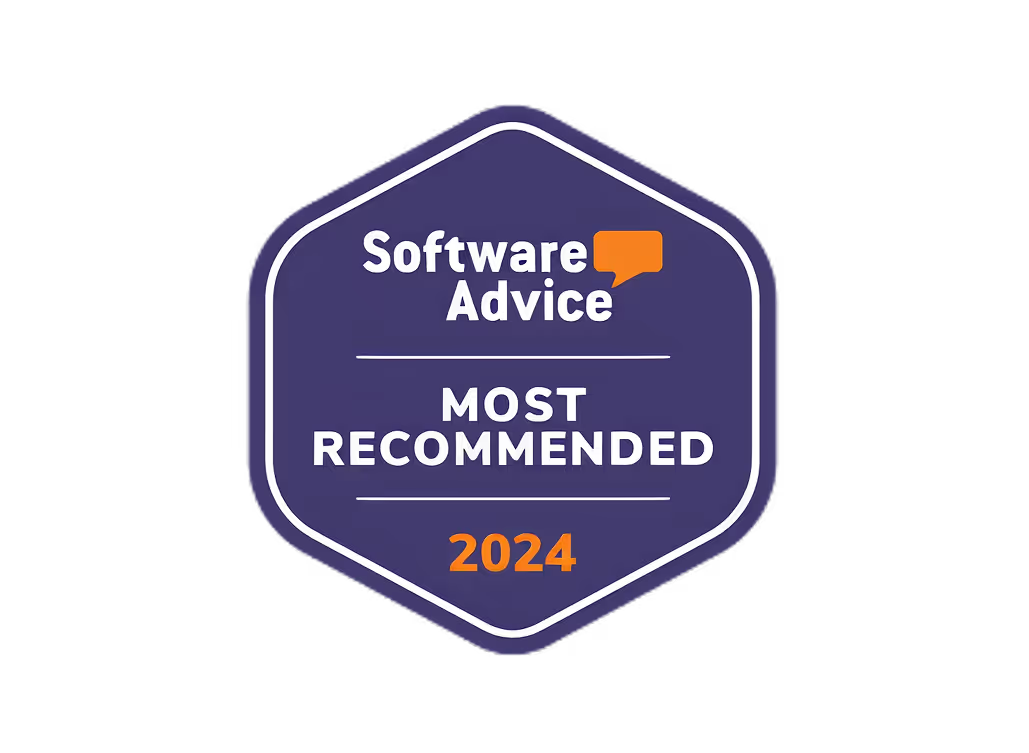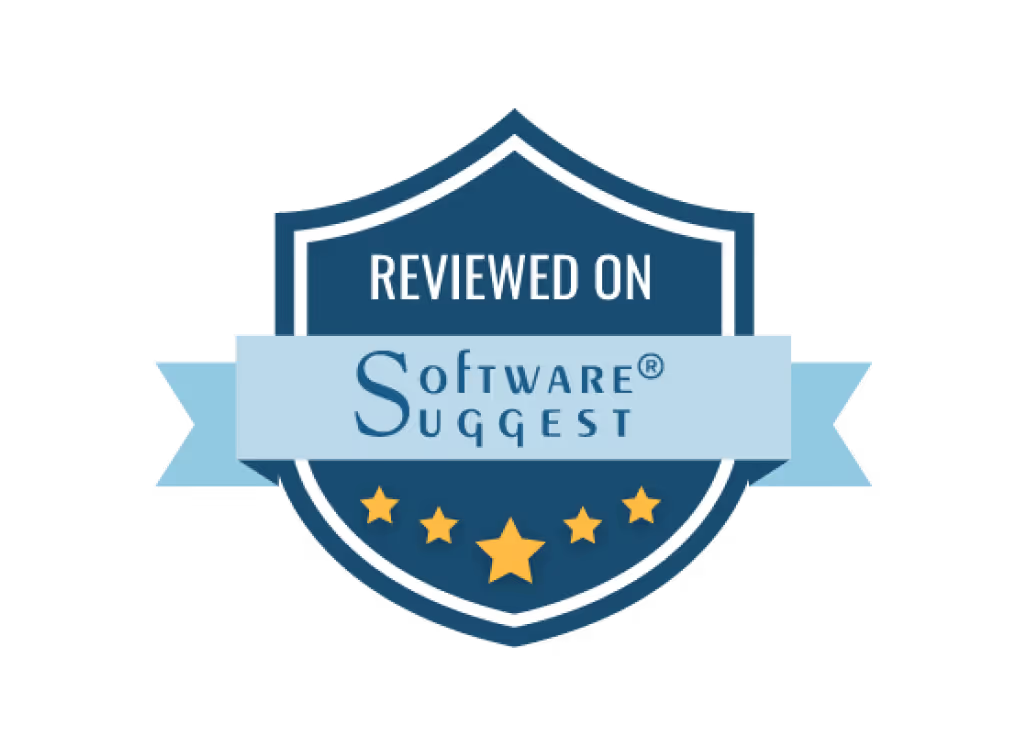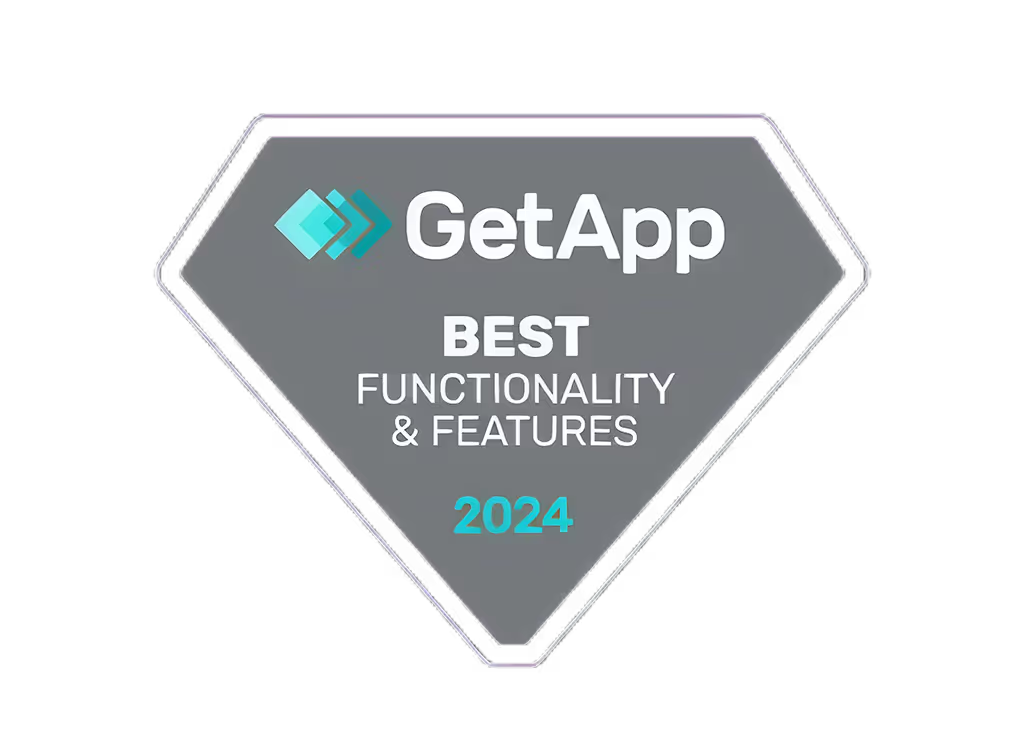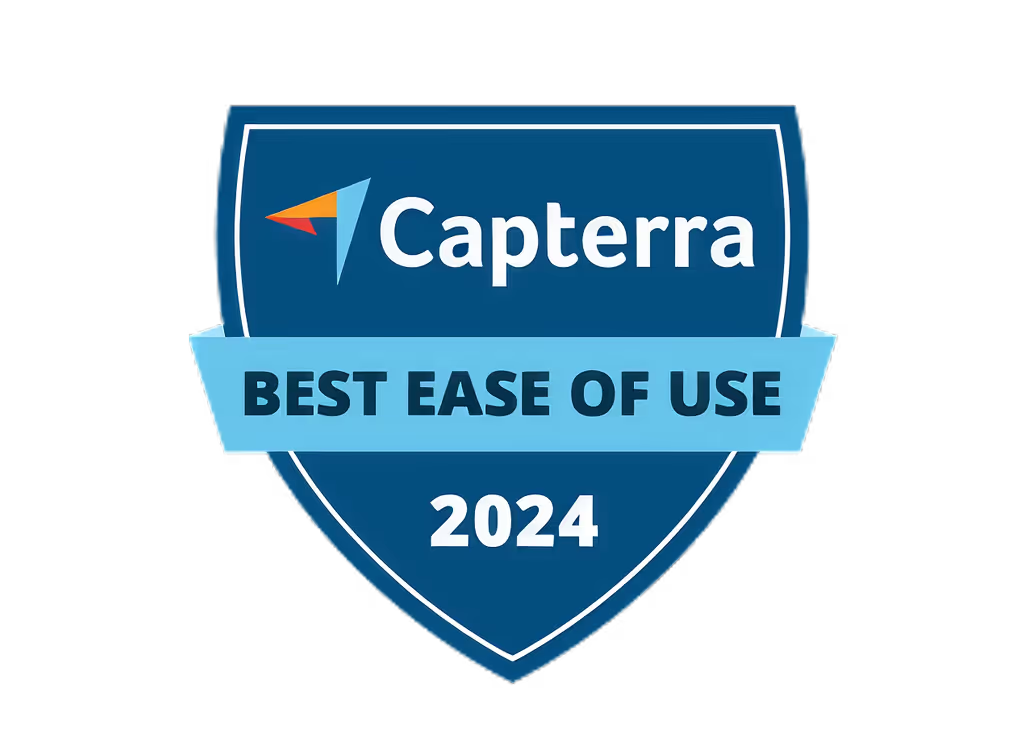Engage Global Audiences with AI-Generated English Videos

AI videos are computer-generated motion pictures featuring lifelike characters, realistic backgrounds, and synchronized audio. They offer a cost-effective way to create high-quality, localized content for diverse global audiences, overcoming language and cultural barriers.
Related video from YouTube
Key Benefits of AI Videos
- Easy translation and customization for different markets
- Consistent messaging across regions
- Tailored for specific languages and cultures
- Overcome language and cultural barriers
Getting Started with AI Video Tools
Popular AI video software options include:
ToolText-to-SpeechVoice CloningLip-SyncingCustomizationQuickads✔️✔️✔️ExtensiveSynthesia✔️✔️✔️LimitedInVideo✔️❌✔️ExtensivePictory✔️✔️✔️ModerateHeygen✔️✔️✔️ModerateDesigns AI✔️❌✔️Limited
Basic video editing skills like cutting clips, color correction, and sound design can help fine-tune AI-generated videos.
7 Steps to Create Engaging AI Videos
- Know Your Audience: Research your market, create buyer personas, and segment your audience based on location, language, and culture.
- Plan Your Content: Set clear goals, choose video types, schedule releases, and decide distribution channels.
- Choose the Right AI Tool: Compare features, language support, and costs to find the best fit for your needs.
- Create Your Videos: Write clear scripts, choose language and visuals carefully, and customize for your brand.
- Translate and Optimize: Translate for global reach, ensure cultural sensitivity, and optimize for search and social media.
- Share and Promote: Upload to video platforms, promote on social media and email, and track performance.
- Improve and Iterate: Get viewer feedback, track engagement metrics, and update video content based on insights.
Getting Started
Understanding AI Video Tools
AI video tools are computer programs that use smart technology to make videos from text. These tools can create all kinds of videos, like explainer videos, social media clips, and product demos. They can do things like write scripts, plan scenes, and edit videos automatically, making it faster and easier to make high-quality video content.
AI Video Software Options
There are many AI video software options out there, each with its own features. Some popular ones are:
- Quickads.ai
- ElevenLabs
- Storyteq
- Synthesia
- Fliki
- Invideo AI
- Runway
These tools can do things like turn text into speech, edit videos automatically, and let you customize your videos.
Video Editing Knowledge
While AI video tools can do a lot of the work for you, knowing some basic video editing skills can help you fine-tune the videos they make. Things like:
- Cutting and trimming clips
- Arranging clips in the right order
- Color correction
- Sound design
Knowing these skills can help you tweak the AI-generated videos to look and sound just how you want them.
AI Video Software Features- Text-to-speech- Automated editing- Customization options- Scriptwriting- StoryboardingBasic Video Editing Skills- Cutting and trimming clips- Arranging clips- Color correction- Sound design
1. Know Your Audience
To create effective AI-generated English videos that engage global audiences, it's important to understand who your target audience is. This involves researching to identify their preferences, cultural needs, and language requirements.
Research Your Market
Researching your market is key to understanding your target audience's needs and preferences. This involves gathering data through surveys, focus groups, and online analytics to identify trends and patterns. You can use this data to create buyer personas, which are detailed profiles of your ideal customers. These personas should include demographic information, interests, challenges, and goals.
For example, if you're creating a video about new software, your research might show that your target audience is mainly young tech professionals. They value ease of use, customization options, and integration with other tools. With this information, you can create a buyer persona that guides your video content and messaging.
Segment Your Audience
Segmenting your audience based on location, demographics, and other relevant factors can help you tailor your video content to specific groups. This ensures that your message resonates with each segment and increases engagement. For example, users in different U.S. states may have distinct privacy or access needs, so content tailored to audiences researching a VPN for Texas can feel far more relevant than a one-size-fits-all approach.
For instance, if you're creating a video for a global audience, you might segment your audience by region, language, and cultural background. This allows you to create multiple versions of your video that cater to each segment's unique needs and preferences.
Audience Segmentation Factors- Geographic location- Language- Cultural background- Demographics (age, gender, etc.)- Interests and preferences
sbb-itb-606b7a1
2. Plan Your Video Content
Set Clear Goals
Before creating videos, decide what you want your audience to learn or do after watching them. Ask yourself:
- What key messages do I want to convey?
- What action should viewers take after watching?
- How do these videos support my business goals?
Having clear goals will help you create videos that resonate with your audience.
Choose Video Types and Schedule
Next, determine the types of videos you'll make and when to release them. Consider:
- Video format: Explainer videos, tutorials, testimonials, product demos, etc.
- Release frequency: How often will you publish new videos?
- Production timeline: How long will it take to create each video?
Planning your video types and schedule will ensure consistency and efficiency.
Decide Distribution Channels
Finally, choose where to publish and promote your videos to reach your intended audience effectively:
Distribution Channels- Social media platforms (Facebook, Twitter, LinkedIn, YouTube, Instagram)- Video hosting sites (Vimeo, Wistia, YouTube)- Company website or blog- Email marketing campaigns
Selecting the right distribution channels will help your videos reach the right people.
3. Choose the Right AI Tool
Compare Features
When choosing an AI video tool, compare features to find the best fit. Here's a table with some popular options:
ToolText-to-SpeechVoice CloningLip-SyncingCustomizationQuickads✔️✔️✔️ExtensiveSynthesia✔️✔️✔️LimitedInVideo✔️❌✔️ExtensivePictory✔️✔️✔️ModerateHeygen✔️✔️✔️ModerateDesigns AI✔️❌✔️Limited
Pros and Cons
ToolProsConsQuickadsFast campaign execution, tailored for e-commerce and marketing agencies, extensive video customizationCustom pricing based on features and usageSynthesiaRealistic avatars, easy to useLimited customization, expensiveInVideoExtensive customization, user-friendlyNo voice cloning, limited lip-syncingPictoryAdvanced lip-syncing, good customizationSteep learning curve, expensiveHeygenGood customization, easy to useLimited voice cloning, expensiveDesigns AIAffordable, easy to useLimited features, not for complex videos
By incorporating Quickads into your workflow, you can achieve fast campaign execution and extensive video customization tailored specifically for e-commerce sellers and marketing agencies. This enables you to create highly personalized and effective video ads that stand out.
Language Support
Consider the languages you need. If targeting a global audience, choose a tool that supports multiple languages. For example, Synthesia offers over 120 languages, while others may be limited.
Cost and Value
Evaluate the cost versus the value each tool provides. Consider the features you need, output quality, and customization level. While some tools are more expensive, they may offer advanced features or better quality. Weigh the costs and benefits to determine the best value for your needs.
4. Create Your Videos
Write Clear Scripts
A well-written script is key for AI-generated videos. It ensures your message is clear and engaging for your audience. When writing a script:
- Keep it brief: AI tools have limits on script length, so focus on the main points.
- Set the right tone: Decide if you want a formal, casual, humorous, or serious tone.
- Use simple language: Avoid jargon or complex terms that could confuse viewers.
- Structure your script: Organize it into intro, main content, and conclusion sections for a logical flow.
You can also use AI script generators to help outline and write your script.
Choose Language and Visuals Carefully
Selecting the right language and visuals is crucial for an engaging video. Consider:
- Language: Choose a language your audience prefers. Ensure it's clear and error-free.
- Voice and tone: Select a voice and tone that matches your brand's personality.
- Visual themes: Choose high-quality, relevant visuals that align with your brand identity.
Customize for Your Brand
Tailor your AI-generated video to match your brand's guidelines and your audience's cultural preferences:
- Brand voice and tone: Ensure the video's language matches your brand's voice.
- Visual identity: Incorporate your brand's logos, colors, and typography.
- Cultural sensitivity: Respect your audience's values and beliefs.
Script Tips- Keep it concise- Set the right tone- Use simple language- Structure it logicallyLanguage and Visuals- Choose audience's preferred language- Match brand's personality- Use high-quality, relevant visualsBranding and Culture- Align with brand voice and tone- Incorporate visual identity- Be culturally sensitive
5. Translate and Optimize
Translate for Global Reach
To reach audiences worldwide, translating your AI-generated video into multiple languages is crucial. This process involves more than just translating the script; it requires adapting the content to ensure cultural relevance and accuracy:
- Use AI translation tools: Leverage AI-powered translation software to speed up the process and ensure accuracy.
- Consider regional dialects: Adapt your translation to accommodate regional dialects and nuances to better connect with your target audience.
- Localize visuals: Ensure visuals, graphics, and animations are culturally appropriate for your target audience.
Cultural Sensitivity
Being culturally sensitive is vital when creating videos for a global audience:
- Use relevant visuals: Avoid visuals that may be offensive or inappropriate in certain cultures.
- Mind language and tone: Ensure your language and tone are respectful and appropriate.
- Research cultural nuances: Research cultural nuances and references to ensure your content is relevant and respectful.
Optimize for Search and Social
To make your video more discoverable online, optimize it for search engines and social media:
- Use relevant keywords: Use relevant keywords in your video title, description, and tags to improve search rankings.
- Optimize for social media: Use attention-grabbing thumbnails and descriptions for social media platforms.
- Use captions and subtitles: Use closed captions and subtitles to improve accessibility and engagement.
Translation Tips- Use AI translation tools- Consider regional dialects- Localize visualsCultural Sensitivity- Use relevant visuals- Mind language and tone- Research cultural nuancesSearch and Social Optimization- Use relevant keywords- Optimize for social media- Use captions and subtitles
6. Share and Promote Your Video
After creating your AI-generated video, it's time to share it with the world. Effective distribution and promotion are key to reaching your target audience and achieving your goals.
Upload to Video Platforms
To maximize your video's reach, upload it to multiple platforms:
- YouTube: With over 2 billion monthly users, YouTube is an ideal platform for sharing your video.
- Vimeo: A popular platform for creative professionals, Vimeo offers features to showcase your video.
- Facebook Watch: With over 1.8 billion monthly users, Facebook Watch is great for sharing your video and reaching a wider audience.
- Instagram Reels: Share short clips from your video on Instagram Reels to drive engagement and traffic to your full video.
- Twitter: Share short clips or teasers from your video on Twitter to drive engagement and traffic to your full video.
Optimize your uploads for each platform by using relevant keywords, tags, and descriptions.
Promote on Social Media and Email
Leverage social media and email campaigns to promote your video and drive engagement:
- Share behind-the-scenes content: Share behind-the-scenes content on social media to build anticipation for your video.
- Create a social media contest: Create a contest or giveaway to encourage engagement and sharing of your video.
- Use email marketing: Use email marketing campaigns to promote your video and drive traffic to your website or landing page.
- Collaborate with influencers: Collaborate with influencers in your industry to promote your video and reach a wider audience.
Track Performance
Track and analyze your video's performance to refine your strategy and improve future content:
MetricDescriptionAnalytics ToolsUse tools like Google Analytics or YouTube Analytics to track your video's performance.Engagement MetricsMonitor views, likes, comments, and shares to understand how your audience interacts with your video.Conversion RatesTrack conversion rates to understand how your video drives traffic to your website or landing page.A/B TestingUse A/B testing to experiment with different titles, thumbnails, and descriptions to optimize your video's performance.
7. Improve and Iterate
To keep your AI-generated English videos engaging and relevant, it's crucial to gather feedback, analyze data, and make improvements. This section will guide you through refining your video content.
Get Viewer Feedback
Collecting feedback from your audience helps you understand their preferences and suggestions. You can gather feedback through:
- Surveys and polls: Embed surveys or polls in your videos or on your website.
- Comments and reviews: Encourage viewers to leave comments or reviews.
- Social media engagement: Engage with your audience on social media platforms.
Analyzing this feedback will help you identify areas for improvement and make data-driven decisions.
Track Engagement Metrics
Tracking engagement metrics helps you measure your videos' success and identify areas for improvement. Key metrics to analyze include:
MetricDescriptionViewsThe number of times your video has been viewed.Engagement rateThe percentage of viewers who interact with your video through likes, comments, or shares.Conversion rateThe percentage of viewers who take a desired action, such as visiting your website or making a purchase.
Analyzing these metrics can help you identify patterns and trends to inform your future content strategy.
Update Video Content
Based on the feedback and engagement data you've collected, make iterative improvements to your video content to maintain relevance and engagement. Strategies to consider include:
- Refine your script: Update your script to better resonate with your audience and address their concerns.
- Adjust your visuals: Update your visuals to better engage your audience and improve the overall viewing experience.
- Try new formats: Experiment with new formats, such as live streaming or interactive videos, to keep your audience engaged.
Conclusion
Key Points
- AI-generated English videos offer a way for businesses to create content that connects with global audiences.
- By using AI video tools, companies can make high-quality videos tailored for different markets, languages, and cultures.
- This guide covered the steps to get started with AI video creation, from understanding your audience to sharing and promoting your videos.
Next Steps
Now that you know the benefits and process of making AI-generated English videos, it's time to take action:
- Explore different AI video tools and try creating localized content.
- Ask your audience for feedback and use it to improve your videos.
- Keep updating your video content to ensure it stays engaging and relevant.
By using AI-generated videos, you can reach more people worldwide and drive business growth.
Benefits of AI-Generated Videos- Create localized content for global audiences- Tailor videos for different markets and cultures- Produce high-quality videos efficiently- Overcome language barriers- Maintain consistent messaging across regionsNext Steps- Explore AI video tools- Create localized content- Gather audience feedback- Update videos based on feedback- Keep content engaging and relevant

















